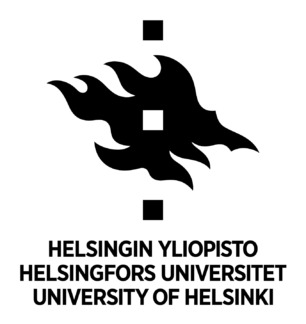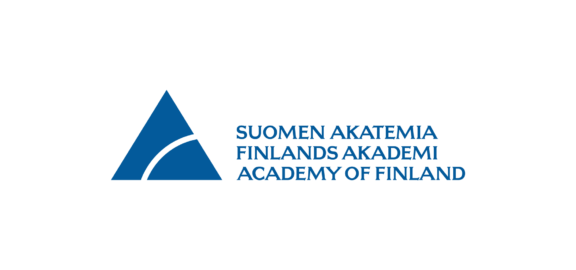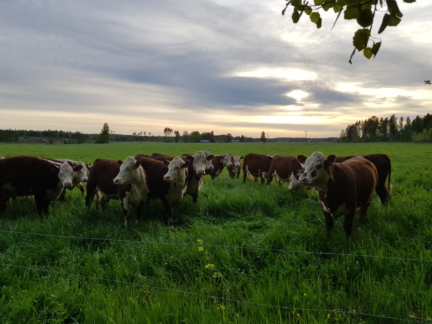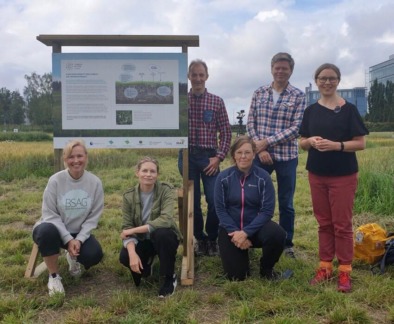CLIMAFARM
Regenerative Agriculture, Carbon Action
Climate impact and carbon budget analysis in farming
Food companies have ambitious climate targets and consumers are increasingly aware of the climate impact of food. However, transparent and reliable means of verifying emissions are still lacking. The CLIMAFARM project is building a system for monitoring, reporting, and verifying soil carbon sequestration and a service to meet the needs of stakeholders in the food sector.
Official name
Climate impact and carbon budget analysis in farming – CLIMAFARM
Duration
2024–2025
Persons in charge
Jari Liski (Finnish Meteorological Institute)
Organisations
Finnish Meteorological Institute, the Atmosphere and Climate Competence Center, University of Helsinki
Funder
Research Council of Finland’s Proof of Concept Funding
Constructing an MRV system and service for the food sector stakeholders’ needs
Food causes a third of global greenhouse gas emissions, with 71 % of these emissions emanating from agriculture and land use change. Food companies in Finland and internationally have ambitious climate goals, and consumers are increasingly aware of the climate impacts of food. Yet, transparent and reliable science-based means to monitor, report and verify emissions are still lacking. CLIMAFARM project builds on natural science research carried out in the Finnish Flagship “Atmosphere and Climate Competence Center” (ACCC) where we currently develop climate-friendly land management practices and methods for estimating their effects, and work on ways to apply them in agriculture.
The main objective of the CLIMAFARM project is to build a carbon sequestration monitoring, reporting, verification (MRV) system and service to meet the needs of stakeholders in the food sector. The project builds on the scientific research conducted at the Atmosphere and Climate Competence Center (ACCC), which is developing climate-friendly land-use practices and methods to assess their impacts.
The CLIMAFARM project will explore ways to apply these methods to agriculture and pilot, test and improve the applicability of the current MRV system in practical food sector value chains through interaction with stakeholders. The project aims to create an MRV system and service that meets the needs of businesses and is also compatible with national greenhouse gas inventories.
CLIMAFARM supports the food sector stakeholders’ commercial efforts
The project promotes the commercialization of the entire MRV system, its components, and related estimation services with commercial potential. To this end, the project aims to develop the current systems towards a practical MRV system of agriculture’s carbon budget and other climate impacts.
This work supports the food sector stakeholders’ commercial efforts by allowing food companies and farmers to order the service to evaluate their sustainability actions and monitor the impacts. Moreover, this work supports the public sector as it improves the current methods to foresee and monitor the effects of agricultural and climate policies.
The project’s goals
To enhance the development of commercial products from its open-science-based carbon budget and climate impact quantification system, the project aims to:
1) Detail its MRV system for farming and evaluate it from the viewpoints of science, farmers, companies, and the public sector.
2) Identify development ideas and plan their implementation.
3) Pilot the improved system in selected food companies’ value chains.
4) Analyze the piloting results, and re-evaluate the original quantification system.
5) Evaluate the revised carbon and quantification system against the requirements set by commonly recognized carbon standards.
Contact
Jari Liski, Finnish Meteorological Institute, jari.liski@fmi.fi
Layla Höckerstedt, Finnish Meteorological Institute, layla.hockerstedt@fmi.fi
PROJECT PARTNERS





